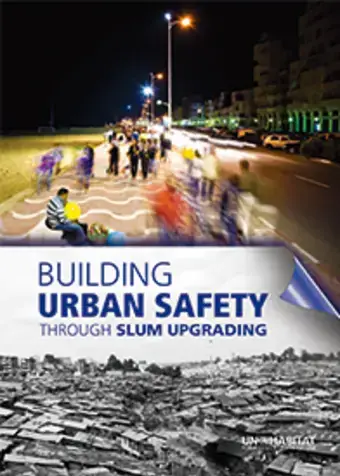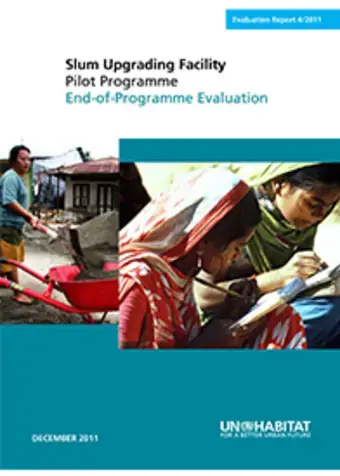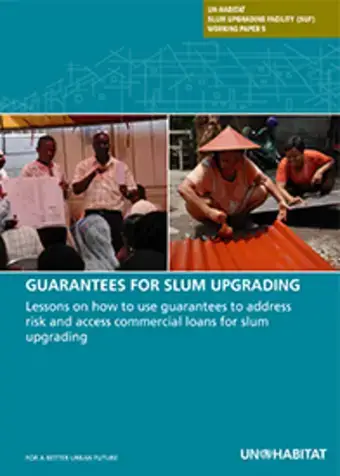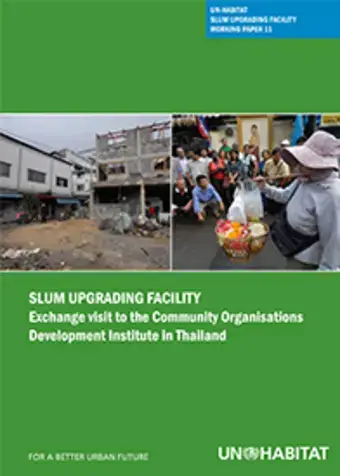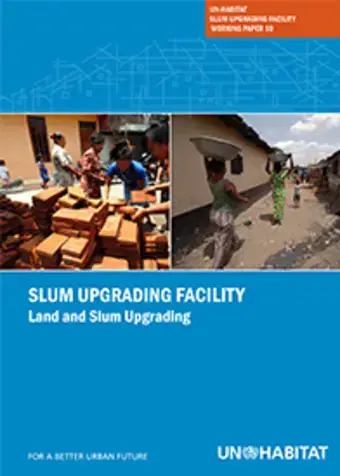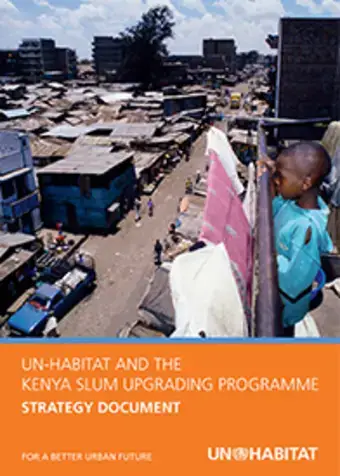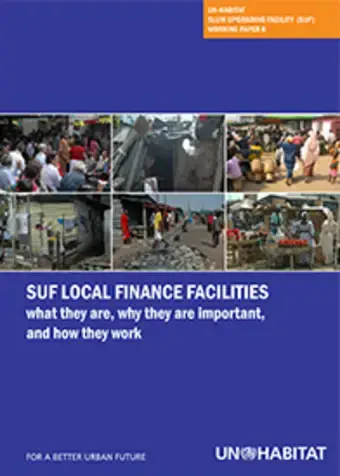 Countries in the Latin America and Caribbean region were the first in the developing world to go through rapid urbanisation. Today, the region is the second most urbanised region in the world.
Countries in the Latin America and Caribbean region were the first in the developing world to go through rapid urbanisation. Today, the region is the second most urbanised region in the world.
Fiji: National Urban Profile
 The Fiji National Urban Profile consists of an accelerated, action-oriented assessment of urban conditions, focusing on priority needs, capacity gaps, and existing institutional responses at local and national levels. The purpose of the study is to develop urban poverty reduction policies at local, national, and regional levels, through an assessment of needs and response mechanisms, and as a contribution to the wider-ranging implementation of the Millennium Development Goals.
The Fiji National Urban Profile consists of an accelerated, action-oriented assessment of urban conditions, focusing on priority needs, capacity gaps, and existing institutional responses at local and national levels. The purpose of the study is to develop urban poverty reduction policies at local, national, and regional levels, through an assessment of needs and response mechanisms, and as a contribution to the wider-ranging implementation of the Millennium Development Goals.
Housing and Slum Upgrading
The Global Housing Strategy, mandated by Governing Council resolution 23/16, guides the programmatic work for Housing and Slum Upgrading area. It assists member States to analyze their housing policies and formulate housing strategies and interventions that are gender-responsive. The overall objective of Housing and Slum Upgrading area is to increase access to adequate housing, improve the standard of living in existing slums and curb the growth of new slums in an inclusive manner.
